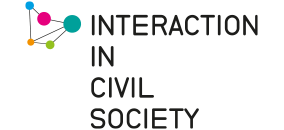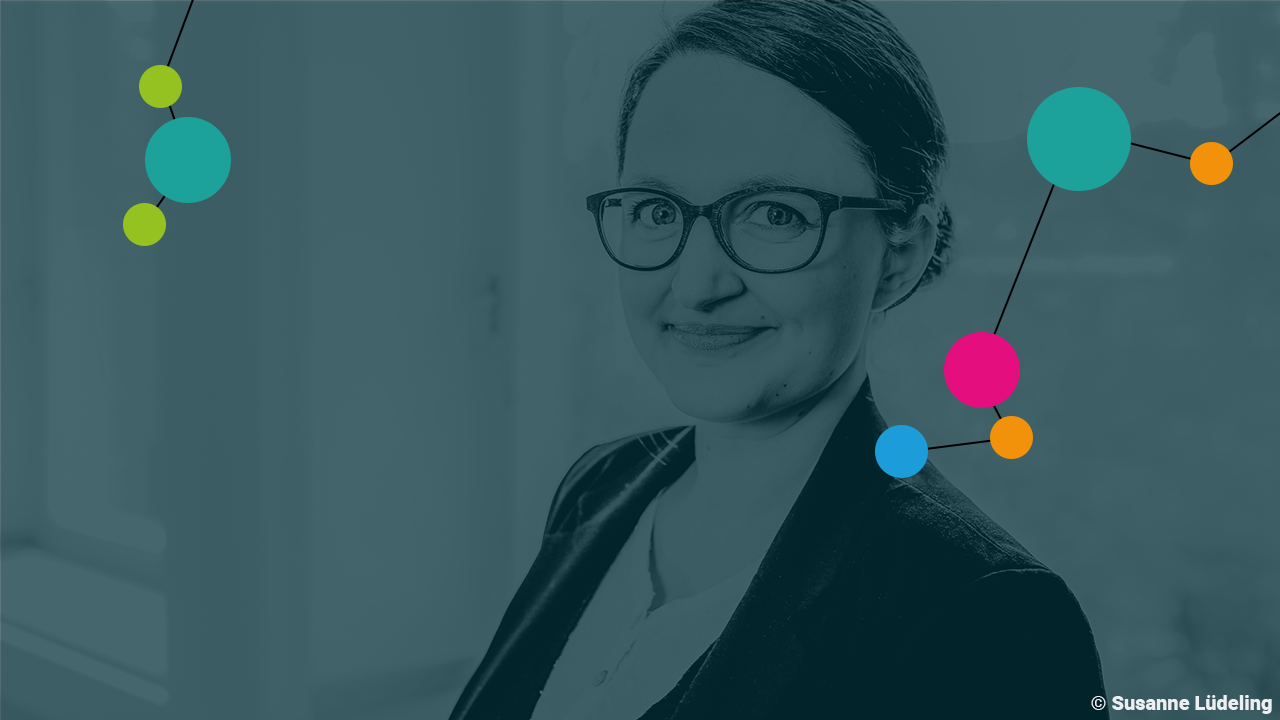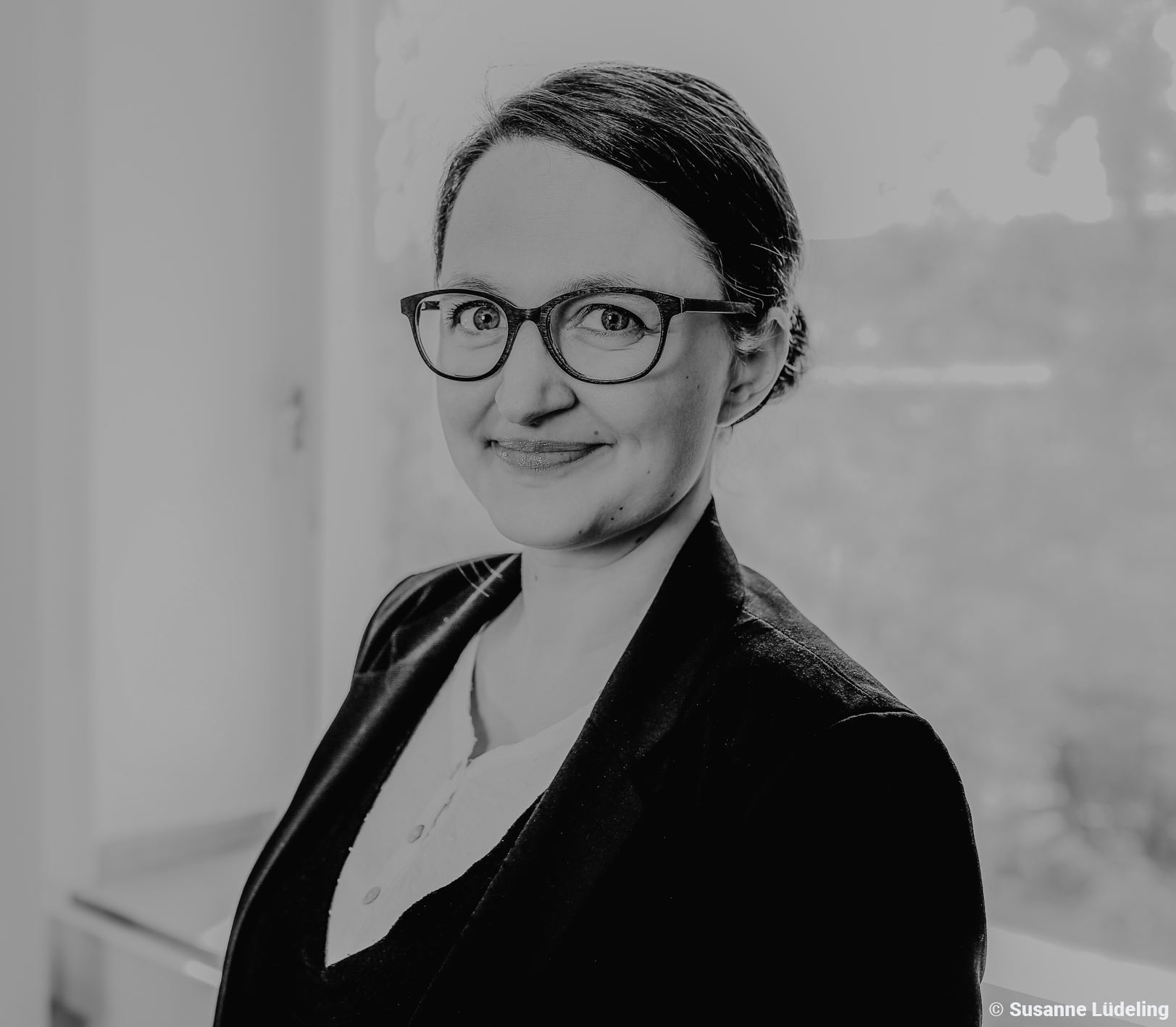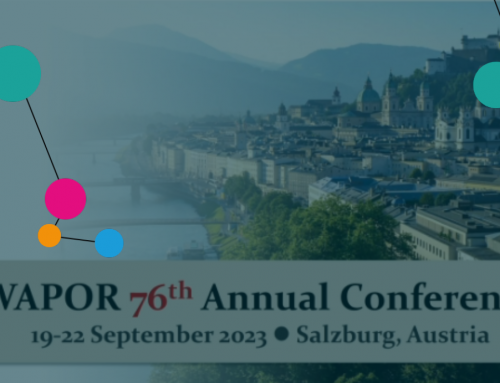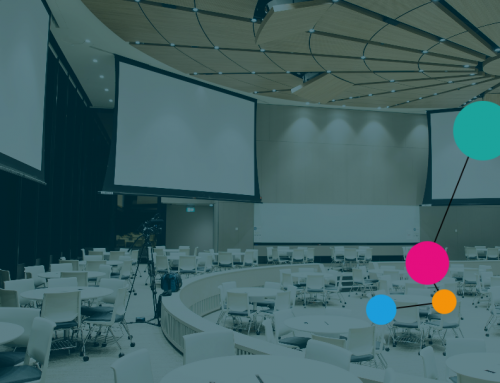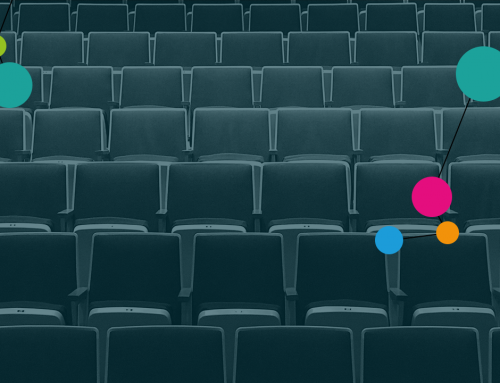Lecture on Dark Participation by Dr. Lena Frischlich
In March 2022, Dr. Lena Frischlich was a guest in the research project Social Cohesion and Civil Society. In her lecture on Dark Participation, the social psychologist introduced the term and its background and explained what is meant by it. Which phenomena can be described with the term? And what consequences can dark participation have?
Phenomena of dark participation
Social media and online communities, such as Facebook or 4Chan, provide space for hate comments or the spread of fake news and conspiracy narratives. The term dark participation describes such phenomena of manipulative online communication. This includes hate speech, i.e. communicative attacks on individuals or groups, as well as disinformation, the stategic dissemination of false information. The spread of conspiracy narratives can also be counted among dark participation. These often follow a dualistic worldview, within which a strict distinction is made between good and evil, and impute unrealistic power to conspirators. Contrary to scientific practice and quality criteria, conspiracy theories cannot be adequately or comprehensibly reasoned.
Consequences of dark participation
Dark participation can have consequences for well-being or contribute to radicalization at the individual level. At the societal level, the phenomena associated with it can foster polarization between different groups or have negative consequences for the democratic process, e.g., in terms of equal participation or decision-making.
Dr. Lena Frischlich heads the junior research group “DemoRESILdigital: Democratic Resilience in Times of Online Propaganda, Fake news, Fear and Hate Speech” at the University of Münster. The interdisciplinary research group, consisting of psychologists, communication scientists and business information scientists, is trying to gain a deeper understanding of manipulative online communication and is taking a closer look at actors, target groups and modes of action.
Significance for social cohesion?
Following the lecture, the concept and its connectivity to the ambivalent relationship between civil society and social cohesion were discussed. Furthermore, there was an exchange about survey methods and the empirical approach to the phenomenon.
The joint project Social Cohesion and Civil Society focuses on the relationship between civil society and social cohesion. Cohesion is understood less as a normative ideal than as a property of social relationships or interactions. This includes personal encounters, communication within and between civil society groups or organizations, and political negotiation processes. The focus is on people who are engaged around the issues of climate and sustainability, migration and integration, and rent and housing. Three topics that polarize and offer potential for dark participation, i.e., hate speech or the spread of misinformation or conspiracy theories.
About the lecturer
Twitter: @lenafrescamente
Profile on Researchgate
Profile on the website of WWU Münster
Further literature
Quandt Thorsten, Klapproth Johanna, Frischlich Lena (2022). Dark social media participation and well-being. Current Opinion in Psychology, Volume 45, https://doi.org/10.1016/j.copsyc.2021.11.004.
. (). Roots of Incivility: How Personality, Media Use, and Online Experiences Shape Uncivil Participation. Media and Communication, 9(1), 195-208. doi: 10.17645/mac.v9i1.3360 .
